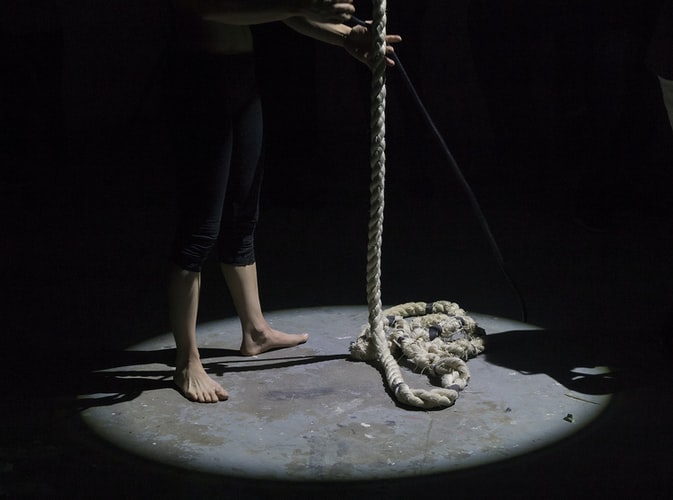 Sri Lanka
Sri Lanka
Sri Lanka policies on preventing suicides and controlling pesticide use get Future Policy Award
The Future Policy Award 2021 organized by the World Future Council has nominated two Sri Lankan policies this year for the award: the control of pesticides and prevention of suicides.
"Sri Lanka had one of the world’s highest suicide rates, and pesticide poisoning accounted for more than two-thirds of all cases. The Pesticides Act ensures that only the least hazardous pesticides are available. It has been used to ban a total of 36 HHPs," the report reads.
The Award is organized by the World Future Council in partnership with the United Nations Environment Programme (UNEP) and with other UN organizations.
Through the regulations, the country has achieved one of the greatest decreases in suicide rates in the world. The country’s suicide rate has been reduced by 70 percent, particularly in rural villages and among children and youth.
"The bans saved about 93,000 lives over 20 years at a direct government cost of less than USD 50 per life. Whilst at the same time, Sri Lanka has maintained its agricultural productivity,” the report says.
It also added internationally, the Sri Lankan experience recommends the banning of HHPs as one of the most cost-effective approaches for suicide prevention,"
Support Our Journalism
We cannot do without you.. your contribution supports unbiased journalism
IBNS is not driven by any ism- not wokeism, not racism, not skewed secularism, not hyper right-wing or left liberal ideals, nor by any hardline religious beliefs or hyper nationalism. We want to serve you good old objective news, as they are. We do not judge or preach. We let people decide for themselves. We only try to present factual and well-sourced news.







